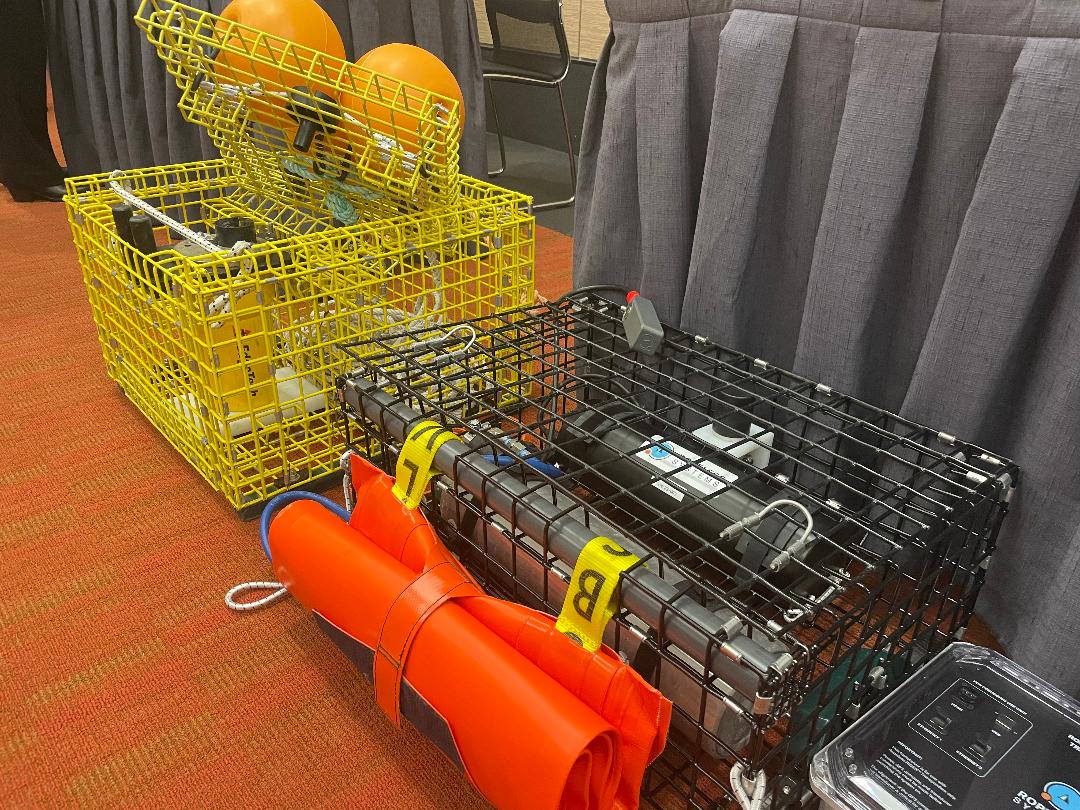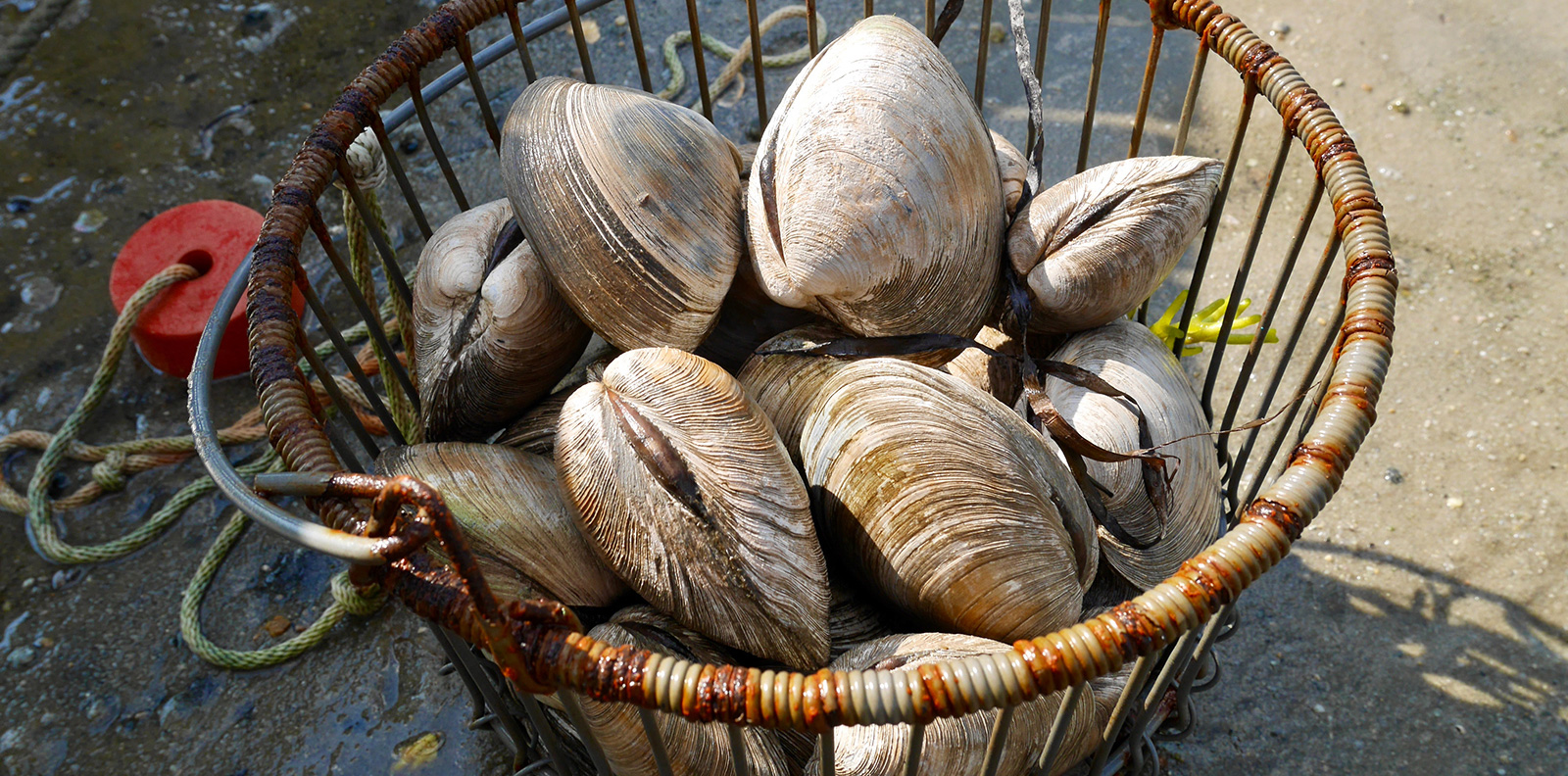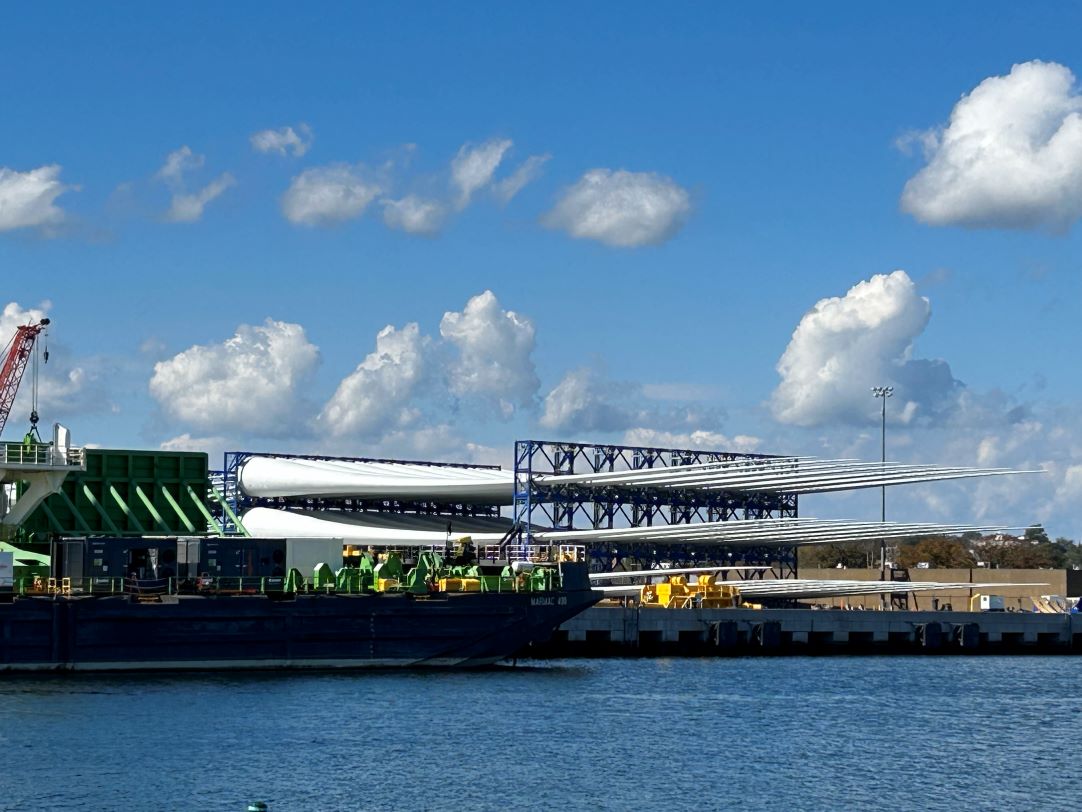CRMC Approves Controversial Scallop Farm for Potter Pond
June 14, 2023
PROVIDENCE — After five years of deliberations, disputes, committee hearings, and public notices, Perry Raso is getting his scallop farm.
The Coastal Resources Management Council (CRMC), which regulates aquaculture and development along Rhode Island’s coastline and in state waters, approved June 13 a slimmed-down version of Raso’s shellfish expansion into South Kingstown’s Potter Pond.
Under the approved project plan, Raso, who owns Matunuck Oyster Bar in South Kingstown, will be able to build a 2-acre farm 50 feet landward than what was originally proposed. Instead of using floating gear, Raso will be limited to using suspended lantern nets, a stipulation that limits him to grow and harvest scallops only.
The changes to the project should make the expansion safer for residents using Potter Pond for recreational activities, according to the council.
After 50 minutes of deliberations — when council members debated whether they had the authority to approve the project as modified — the proposed expansion was approved by a 4-2 vote, with council members Catherine Robinson Hall and Ronald Gagnon opposing the project.
Hall said she thought approving the project, as modified by staff, was beyond what Rhode Island law allowed the council to do.
“I believe it’s fairly established that the agency who was in charge of reviewing an application, the burden of proof to prove that the application meets the laws is on the applicant, not on the staff,” she said. “Having the staff make a recommendation of something that they drew is a conflict.”
CRMC chair Raymond Coia said the burden of proof for the application for the project was satisfied, and modifying it wasn’t different than any other time that the staff was asked to change a project by the council.
“It’s not advocating anything,” he said. “[Staff is] facilitating something that we asked them to do.”
Raso originally applied in 2017 for 3 acres of additional oyster and bay scallop farming in Potter Pond, a popular salt pond for water sports and nearby residents, claiming an increased demand for local shellfish.
The application sparked a flurry of protest and complaints from neighbors ranging from noise concerns and recreational fishing impacts to visual impairments and beach access. CRMC staff received 149 objection letters regarding the project, noting that 79 letters were from out-of-state residents.
Raso already owns 10 acres of aquaculture just south of Meadow Point, and his original request for a 3-acre expansion would have occupied 3% of the pond’s total area, well below the maximum of 5% of a pond’s water surface area that CRMC allows for shellfish farming.
The agency formed an ad-hoc committee to examine the expansion, hosting public hearings and soliciting public feedback from neighbors. The expansion as proposed would cut water-based activities in the pond by 23%, displacing people toward the center of Potter Pond, an area where boats typically cluster and increasing the risk of injury, according to the subcommittee. It’s members also noted the farm would displace traditional shellfishing and fin fishing on the eastern edge of Segar Cove.
Ultimately, in November 2021, the subcommittee voted to recommend the council deny Raso’s application for those reasons.
The project was resuscitated in January, when the full council, instead of approving or denying it outright, voted to send it back to staff to examine the project with a smaller footprint in the water and a different kind of aquaculture gear.
Moving the project location and reducing the farm’s size down to 80,500 square feet was proposed by now-former council member Jerry Sahagian, in an attempt to address safety concerns presented by residents during public testimony.
The modification, as proposed by Sahagian, was still opposed by the intervenors and residents.
CRMC executive director Jeff Willis said he personally worked on the modification because of an extenuating circumstance — CRMC’s aquaculture staffer, Ben Goetsch, is a former employee of Raso’s.
“I want to make it clear that Ben didn’t participate,” Willis told the council. “The applicant didn’t participate, I took the original footprint, I took the 80,500 feet, and moved it as far east as I could.”
Categories
Join the Discussion
View CommentsRecent Comments
Leave a Reply
Related Stories
Your support keeps our reporters on the environmental beat.
Reader support is at the core of our nonprofit news model. Together, we can keep the environment in the headlines.
We use cookies to improve your experience and deliver personalized content. View Cookie Settings




The lantern nets are not suitable for the shallower water that the CRMC approved. We’ll see how long that lasts before an administrative lease modification and likely lease expansion. The Subcommittee review was insufficient, and the full CRMC action “a cluster”.
What are you contributing to the economy of Rhode Island? Mr. Raso employees many people in his aquaculture facilities and in his restaurant Matunuck Oyster Bar, which is rated as one of the best oyster bars in the world. People that are trying to deprive Mr. Raso of the right to earn a living not only affect his livelihood but that of all his employees which I would conservatively estimate at more than one hundred.